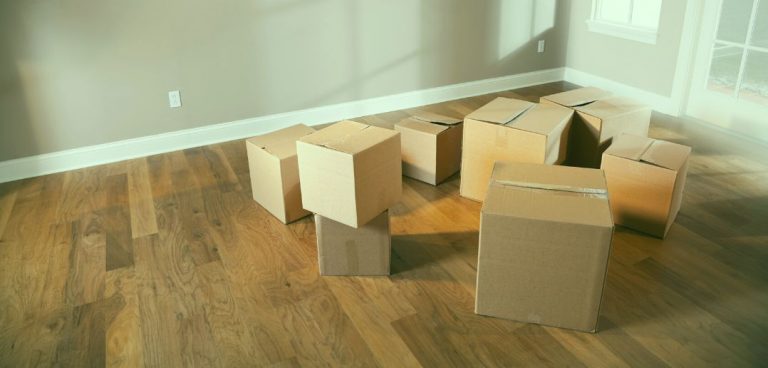Whether you have secured a dream job somewhere else or you are considering moving to enhance your job prospects, relocating for work can still be a stressful process. Many people are faced with the possibility of a job relocation at least once in their professional careers. However, between looking for a new place to live and packing up all of your memories into boxes, it can be difficult to know where to begin. With that being said, there are many benefits of relocating for work, such as the opportunity to explore a new city or culture, meet new people, and learn more about their experiences. Below we will cover seven tips to help you stay on top of your relocation and hopefully take the stress out of it.
Stay Organised
Once you have made this decision, it’s important to start planning as far in advance as possible. For example, you can use checklists to keep on top of everything that you need for the move. Make a list of all stages and tick it off as you go so that you can keep stress levels in check. Also, if you’re a parent, be sure to check out schools and opportunities for childcare. Don’t be afraid to ask your employer for support to make the transition as smooth as possible. In some cases, you might even be able to negotiate relocation benefits.
Sort Out Your Finances
When it comes to finance, there is a lot to think about, as you will likely need to secure the necessary mortgage and consider your remaining living budget between jobs. Starting a new job might make applying for a mortgage more complicated, so it’s important to do your research. Advias is an experienced and reliable finance advisor, whose areas of specialism include premium mortgages, large mortgages, bridging finance, and development finance. They develop innovative property financing solutions based on your individual circumstances with the aim of securing the best deal. Moreover, you can count on their support and expert advice long after completion as well.
Familiarise Yourself With The Location
It’s also important to get familiar with the new location so that you can adjust to your living situation as soon as possible. While it’s recommended to learn as much as you can about your local area before moving in, it may also be helpful to do some first-hand investigation when you get there. For example, this can be done by walking around, taking a bus, or even asking your neighbours or other locals for advice. Be sure to research available amenities and local shops and restaurants when you arrive or dedicate a day to familiarising yourself with your neighbourhood.
This female dentist in Melbourne also highly recommends that you get new doctors in advance so your current doctors can send your medical information to the new ones as soon as possible.
Make Travel Arrangements
If you’re moving long-distance, it might be best to hire a reputable removals company, that can help you handle this type of relocation. As you will be entrusting this company with your valuables, it’s crucial to shop around and ensure you understand the fees and process involved. For example, there might be additional fees, including parking services, large items, boxes, or storage fees if the truck needs to wait for a day or two. You will also need to decide which items you want to keep with you and which ones you want to send with the removals company.
Talk To Colleagues
Consider talking to your colleagues, especially if they have already made the move that you are considering. They are likely to give you an honest opinion when it comes to changes you can expect in comparison to your employer who may gloss over some details. If no one has made that move yet, it might be useful to check out travel boards. You will find a wide range of groups and communities online, who are likely to provide you with a better perspective of what living in your potential destination looks like.
Manage Stress Levels
While this might not sound as important, it’s crucial to consider everything that goes into moving in order to minimise stress. For example, there are certain transitional details, that, if not handled properly, can turn into a hassle. It’s important to have utility services like gas and electricity turned off at your previous home and turned on when you’re moving in. Remember to get copies of any medical records you will need to provide to your new doctor and stock up on all prescriptions. Also, you will need to notify banks, credit card companies, and other important contacts of your new address.
Think About Your Personal Life
Although you’re relocating for work, don’t forget that your new life consists of more than just work. This means that there will be multiple aspects of your personal life, that you will need to think about as well. For example, if you’re planning to move away from family and friends, consider how you are going to keep in touch with them. You should also register with local healthcare providers, such as a GP and a dentist. Moreover, ensure you have plenty of time to relax and recharge outside of your working hours.
